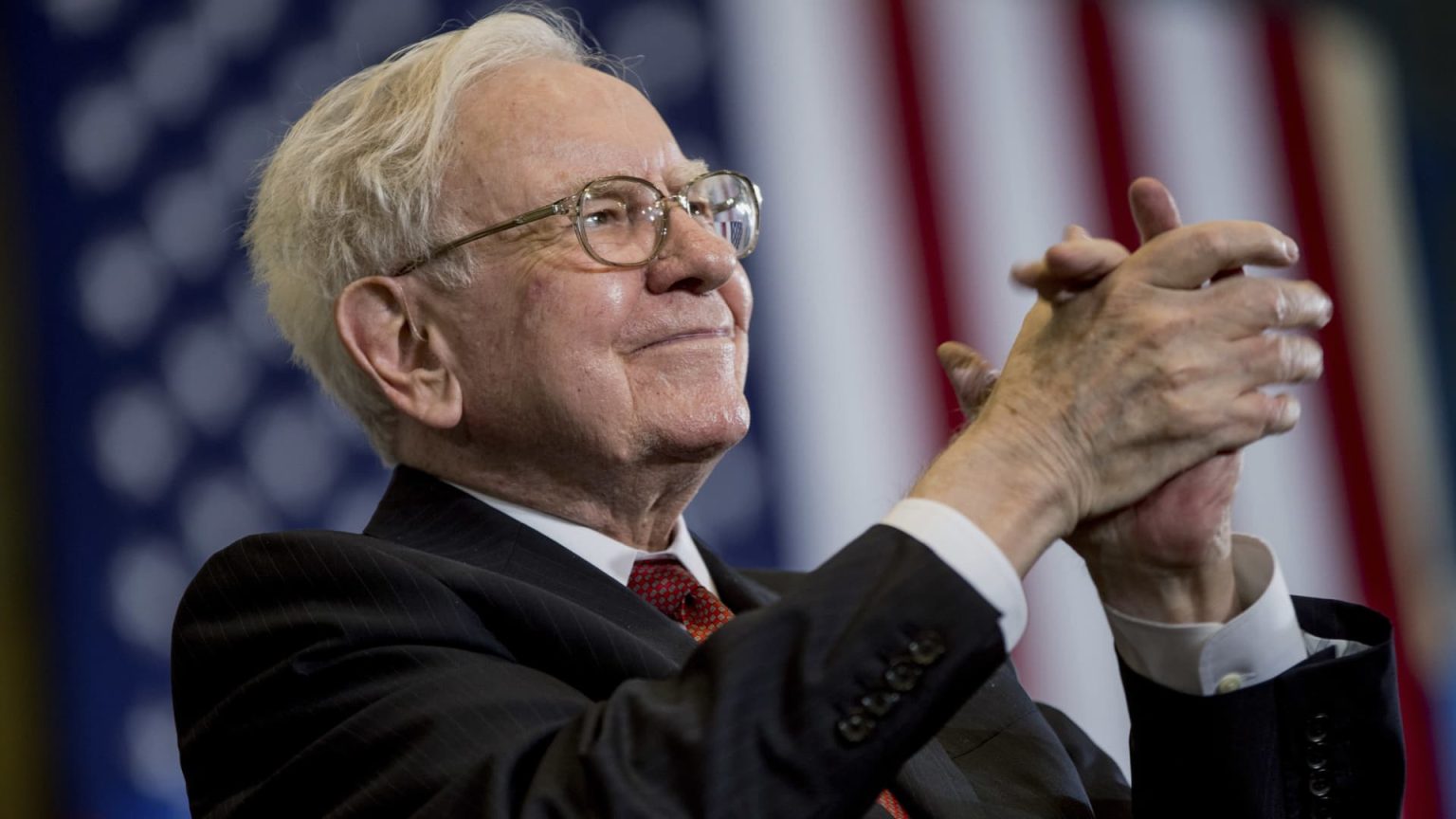Larry Swedroe, a respected market researcher, believes Warren Buffett’s investment strategy may no longer be as effective due to the increasing number of professional Wall Street firms and hedge funds entering the market. Despite Buffett being known as a great stock picker, Swedroe argues that he was not exceptional in this regard, but rather understood early on the factors that could lead to excess returns. He suggests that investing in index funds can help replicate Buffett’s performance, as demonstrated by research conducted by Cliff Asness and the team at AQR.
Swedroe mentions that investors can now easily access Buffett’s investment style through ETFs or mutual funds offered by companies that apply academic research, such as Dimensional, AQR, Bridgeway, BlackRock, and Alpha Architect. He emphasizes the importance of understanding how markets work, the difficulty of consistently outperforming through active management, and how human nature can lead to investment mistakes. In his book released in February, Swedroe uses stories and analogies to help investors navigate the complexities of the market and avoid common pitfalls.
According to Swedroe, momentum trading can also be beneficial for investors seeking long-term success. He believes that factors like market timing and stock picking are not reliable indicators of future performance. Swedroe, who heads the economic and financial research division at Buckingham Wealth Partners, explains that momentum is a systematic factor that has historically worked over the long term, despite occasional underperformances. He suggests that investors can access momentum trading at a low cost through computers and avoid paying high fees.
Swedroe uses the analogy of the stock market being similar to sports betting, with active managers playing the role of bookies. He warns investors against the allure of active management and emphasizes how trading frequently can lead to underperformance. Swedroe argues that Wall Street benefits from high trading activity, as it generates profits through bid-offer spreads, and active managers often exploit investors by promoting the idea of outperforming. He points out that the higher expenses and taxes associated with active management make it mathematically unlikely for investors to consistently beat the market.
Swedroe highlights the phenomenon of emotional investors, whom he refers to as “dumb retail money,” falling prey to active management strategies that promise unrealistic returns. These investors often make poor decisions in stock picking and market timing, leading them to underperform the very funds they invest in. Swedroe underscores the importance of avoiding emotional decision-making and relying on systematic investment strategies to achieve long-term success in the market. He argues that by understanding how markets work and avoiding common investment mistakes, investors can enhance their chances of achieving their financial goals.













